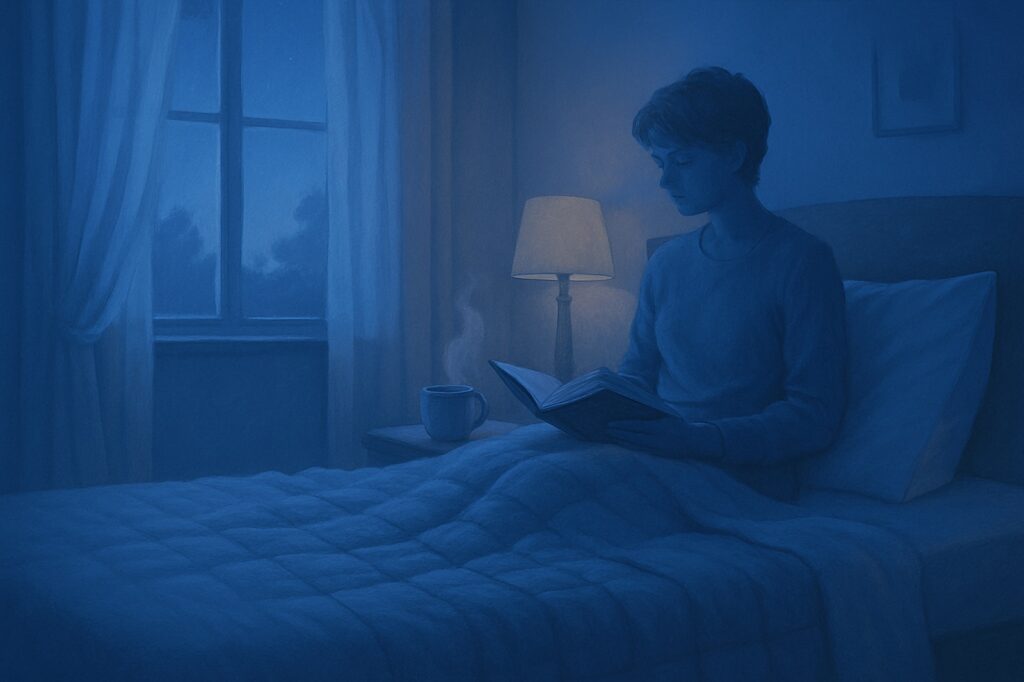After a hectic day, nothing feels better than sinking into bed and drifting into a deep, refreshing sleep. Yet many find that despite spending hours in bed, they wake up feeling unrefreshed. The secret to waking revitalised lies not just in how long you sleep but in the quality—particularly the amount of deep sleep you get. Deep sleep is essential for physical repair, memory consolidation, and emotional wellbeing. Luckily, simple tweaks to your evening routine can help you achieve more of this vital sleep stage.

Starting your wind-down process at least an hour before bedtime sets the tone for deep sleep. Avoiding stressful tasks and screens helps signal your brain that it’s time to relax. Lowering lights to a soft glow encourages the production of melatonin, the hormone that regulates sleep cycles. Choose calming activities such as reading a book, listening to gentle music, or practising mindfulness exercises.
Cutting out stimulants like caffeine and nicotine, especially in the late afternoon and evening, is crucial. They increase heart rate and alertness, directly interfering with your ability to enter the deepest sleep stages. Instead, consider soothing herbal teas like chamomile or valerian root, known for their calming properties that prepare your body for rest.
Blue light from phones, tablets, and computers disrupts melatonin secretion, confusing your body’s internal clock. Switching off electronic devices at least an hour before bed or using blue light filters significantly improves sleep quality. The less artificial light exposure you have, the easier it becomes to fall into slow-wave, deep sleep.
Relaxation techniques such as deep breathing, progressive muscle relaxation, or gentle yoga reduce tension and calm the nervous system. Breathing exercises like the 4-7-8 method—inhale for 4 seconds, hold for 7, exhale for 8—activate your parasympathetic nervous system, encouraging restful sleep. Regular practice can help you fall asleep faster and increase the amount of deep sleep.
Maintaining a consistent sleep schedule is a powerful habit. Going to bed and waking up at the same time every day—even on weekends—helps regulate your circadian rhythm. Once your body becomes accustomed to a routine, it optimises the cycles of light and deep sleep, making your rest more refreshing.
Sleep-friendly products enhance these efforts. Dozywave offers a carefully curated range including ergonomic pillows, weighted blankets, and breathable bedding designed to boost comfort and relaxation. These products create a nurturing environment that encourages your body to naturally drift into deeper, more restorative sleep.


